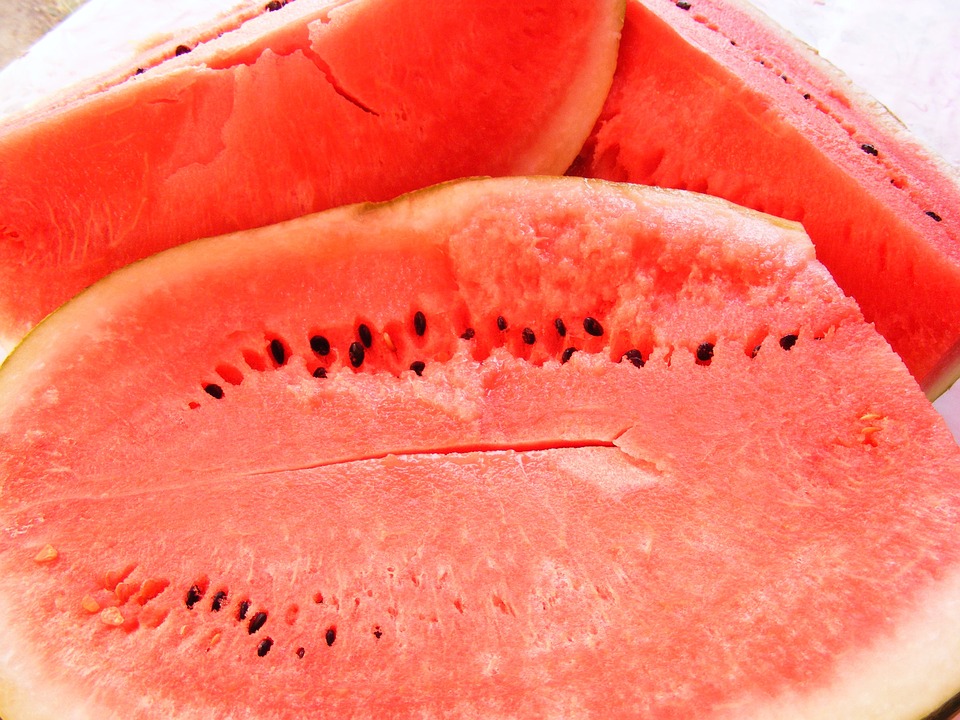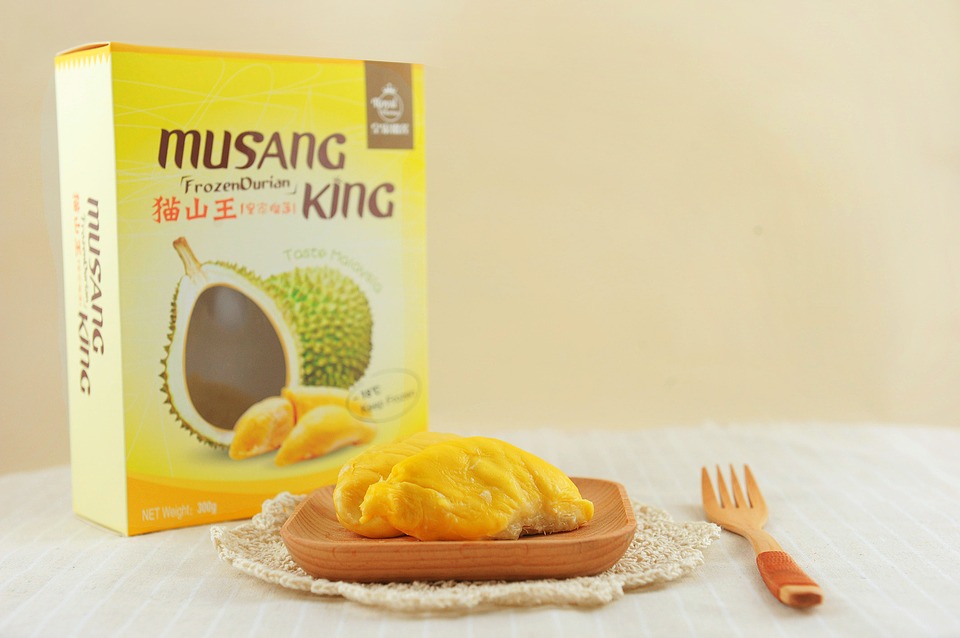This comprehensive guide aims to provide rabbit owners with a clear understanding of the benefits and risks associated with feeding fruit to their bunnies. We will delve into the nutritional value and potential dangers, present a detailed list of safe and unsafe fruits, and offer practical tips for responsible fruit feeding. We'll also address common concerns and answer frequently asked questions about fruit consumption in rabbits.
Part 1: Understanding Rabbit Nutrition

1.1. The Importance of a Balanced Diet
Rabbits are herbivores with complex digestive systems. Their diet should primarily consist of hay, supplemented with fresh vegetables and a small amount of pellets. Fruit should be considered a rare treat, never a staple food.
1.2. Hay: The Cornerstone of a Rabbit's Diet
Hay provides essential fibre, which is crucial for maintaining a healthy digestive system, preventing dental problems, and promoting normal bowel movements. Rabbits should have access to unlimited hay throughout the day.
1.3. Fresh Vegetables: A Valuable Source of Vitamins and Minerals
Fresh vegetables should be offered daily as a source of vitamins, minerals, and additional fibre. Choose a variety of leafy greens, such as romaine lettuce, kale, parsley, and cilantro, along with other vegetables like bell peppers, carrots (in moderation), and zucchini.
1.4. Pellets: A Supplement, Not a Substitute
Pellets can provide additional nutrients, but they should never replace hay and fresh vegetables. Choose high-quality pellets with a low sugar content, and limit the amount offered based on your rabbit's age, weight, and activity level.
Part 2: The Nutritional Benefits of Fruit for Rabbits

2.1. Vitamin C: An Essential Nutrient for Rabbits
Fruit can be a good source of vitamin C, which is essential for immune function, wound healing, and collagen production. Rabbits cannot synthesize their own vitamin C, making dietary sources crucial.
2.2. Antioxidants: Protecting Cells from Damage
Many fruits contain antioxidants, which help protect cells from damage caused by free radicals. This may contribute to overall health and longevity.
2.3. Fibre: Supporting Digestive Health
Some fruits, such as apples and pears, offer moderate fibre content, which can aid in digestive health. However, it's important to remember that hay remains the primary source of fibre for rabbits.
Part 3: The Risks of Fruit Consumption for Rabbits
3.1. High Sugar Content: Potential for Weight Gain and Dental Problems
Fruits are naturally high in sugars, which can lead to weight gain, dental problems, and even diabetes if consumed in excess.
3.2. Digestive Issues: Upset Gut Flora and Potential for Diarrhoea
Rabbits have delicate digestive systems. Excess fruit can upset their gut flora and cause diarrhoea, gas, and bloating.
3.3. Fermentation and Bloating: A Common Problem
Fruit can ferment in the rabbit's digestive tract, leading to bloating and discomfort. This is particularly true for fruits high in fructose.
3.4. Dental Problems: The Sugar Connection
The high sugar content in fruit can contribute to tooth decay and dental issues.
Part 4: Safe Fruits for Rabbits: A Detailed Guide
4.1. Fruits to Include in Your Rabbit's Diet
- Apples: Offer small slices or pieces of apple, removing the core and seeds. Choose a variety that is low in sugar, such as Granny Smith or Pink Lady. Limit intake to avoid digestive issues.
- Bananas: A small amount of banana, no more than a teaspoon, can be a treat. Bananas are high in potassium and vitamin B6, but their sugar content makes them a less frequent treat.
- Berries: Strawberries, raspberries, and blueberries are good choices for rabbits. These berries offer antioxidants and moderate sugar levels. Offer a few berries as a treat, but remember to limit intake.
- Cantaloupe: Cantaloupe is a good source of vitamins A and C. Offer small pieces as a treat, removing the rind and seeds.
- Mango: Mangoes, rich in vitamins A and C, can be a good treat for rabbits in small amounts. Ensure the mango is ripe and remove the skin and pit.
- Papaya: Papaya, a good source of vitamin C, can be offered in small quantities. Ensure it is ripe and remove the seeds and skin.
- Pears: Pears are a good source of fibre, vitamin C, and potassium. Offer small slices or pieces, removing the core and seeds.
- Pineapple: Pineapple can be a tasty treat for rabbits, but offer it sparingly due to its high sugar content. Choose ripe pineapple and remove the core and skin.
4.2. Fruits to Avoid: Protecting Your Rabbit's Health
- Avocados: Avocados are toxic to rabbits and should never be given. They contain persin, a compound that can be fatal.
- Citrus fruits: Oranges, lemons, limes, and grapefruits contain high levels of citric acid, which can cause digestive upset and harm your rabbit's health.
- Grapes and Raisins: Grapes and raisins are toxic to rabbits and can cause kidney failure.
- Stone fruits: Peaches, plums, cherries, and nectarines contain pits that are toxic to rabbits. The flesh is generally safe, but it's best to avoid them altogether.
- Tomatoes: Tomatoes, while technically a fruit, are considered toxic to rabbits. They contain solanine, a compound that can cause digestive problems and other health issues.
Part 5: Responsible Fruit Feeding: A Step-by-Step Guide
5.1. The Importance of Moderation: A Treat, Not a Staple
Fruit should be a treat for rabbits and should never constitute a significant part of their diet. A small piece of fruit once or twice a week is usually sufficient.
5.2. Introductions and Observations: A Gradual Approach
When introducing new fruits to your rabbit, start with a tiny amount and observe for any signs of digestive upset. If your rabbit shows any signs of illness, discontinue the fruit and consult with a veterinarian.
5.3. Freshness and Preparation: Safety First
Always ensure fruits are fresh, washed, and cut into small pieces before offering them to your rabbit. Avoid giving them fruits that are bruised, rotten, or moldy.
Part 6: Frequently Asked Questions (FAQs)
6.1. Can I give my rabbit dried fruit?
Dried fruit is generally not recommended for rabbits. It's highly concentrated in sugars and can cause digestive upset, weight gain, and dental problems.
6.2. Can baby rabbits eat fruit?
Baby rabbits under four months old have more delicate digestive systems and should not be given fruit. Their diet should consist mainly of hay and a small amount of fresh, high-quality pellets.
6.3. What if my rabbit eats fruit that is not on the safe list?
If your rabbit has eaten fruit that is not on the safe list, monitor them closely for any signs of illness such as lethargy, diarrhoea, or vomiting. If you notice any symptoms, contact your veterinarian immediately.
6.4. How do I know if my rabbit is getting enough fruit?
Rabbits do not require fruit to survive. Hay should be the primary source of nutrition, with a small amount of fresh vegetables and a very limited amount of fruit as treats.
6.5. Can I give my rabbit fruit juice?
Fruit juice is not recommended for rabbits. It is high in sugar and lacks the fibre found in whole fruits.
6.6. How much fruit can I give my rabbit?
A general guideline is to offer a small piece of fruit no more than once or twice a week. The exact amount will vary depending on the size and age of your rabbit.
6.7. What are the best times of day to give fruit to my rabbit?
The best time to offer fruit to your rabbit is in the morning or afternoon, as a treat. Avoid giving fruit at night, as it may contribute to digestive problems.
6.8. Should I worry if my rabbit doesn't like fruit?
Not all rabbits enjoy fruit. If your rabbit doesn't seem interested, don't force them. There are many other healthy and delicious treats you can offer, such as fresh parsley, cilantro, or dandelion greens.
6.9. Can I feed my rabbit fruit every day?
No, it's not recommended to feed your rabbit fruit every day. Fruit should be an occasional treat, not a regular part of their diet.
6.10. What are the signs of fruit poisoning in rabbits?
Signs of fruit poisoning in rabbits can include lethargy, diarrhoea, vomiting, loss of appetite, and abdominal pain. If you suspect your rabbit has been poisoned, contact your veterinarian immediately.
In conclusion, while fruit can offer some nutritional benefits for rabbits, it should be given in moderation and only as a treat. It's essential to choose safe fruits, prepare them properly, and observe your rabbit for any signs of digestive upset. By following these guidelines, you can ensure that your furry friend enjoys a healthy and balanced diet.
Everyone is watching
-

Do Rabbits Lay Eggs? (The Surprising Truth)
OTHER TYPES OF PETSThis article will unravel the common misconception that rabbits lay eggs, exploring the fascinating world of r...
-

Can Rabbits Eat Grapes? A Guide to Safe Rabbit Treats
OTHER TYPES OF PETSThis comprehensive guide will explore the safety and suitability of grapes for rabbits, providing detailed inf...
-

What's a Group of Rabbits Called? (A Comprehensive Guide)
OTHER TYPES OF PETSThis article delves into the fascinating world of rabbits, exploring the various terms used to describe a grou...
-

Predators That Hunt Rabbits: A Guide to Natural Enemies
OTHER TYPES OF PETSI've always been fascinated by the circle of life, that delicate dance between predator and prey. Growing up ...
-

Are Rabbits Nocturnal Animals?
OTHER TYPES OF PETSThe question of whether rabbits are nocturnal animals is a fascinating one, with a surprisingly complex answer...
